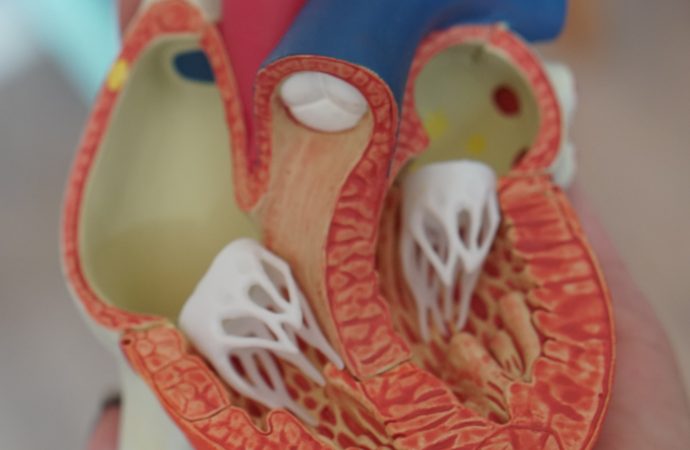As winter sets in, a new study has revealed a troubling link between extreme cold weather and heart failure mortality. According to the research, the risk of dying from heart failure increases by 37 percent during periods of extreme cold. The study, which was published in the European Journal of Preventive Cardiology, analyzed data from
As winter sets in, a new study has revealed a troubling link between extreme cold weather and heart failure mortality. According to the research, the risk of dying from heart failure increases by 37 percent during periods of extreme cold.
The study, which was published in the European Journal of Preventive Cardiology, analyzed data from over 1.7 million heart failure patients in Sweden between 1997 and 2013. The researchers found that the risk of heart failure mortality was highest in the winter months, particularly during periods of extremely cold weather.
The study’s lead author, Dr. David Erlinge, said that the findings highlight the need for people with heart failure to take extra precautions during the winter months. “Patients with heart failure should avoid exposure to cold weather as much as possible, and they should be advised to keep their homes warm,” he said.
The study also found that the risk of heart failure mortality was higher in men than in women, and in older patients than in younger ones. Other risk factors included low education level, smoking, and a history of heart attack.
Heart failure is a serious condition that affects millions of people worldwide. It occurs when the heart cannot pump enough blood to meet the body’s needs, leading to symptoms such as shortness of breath, fatigue, and swelling in the legs and feet. While there is no cure for heart failure, there are treatments available that can help manage the symptoms and improve quality of life.
In light of these findings, it’s more important than ever for people with heart failure to take steps to protect their health during the winter months. This may include staying indoors as much as possible, dressing warmly when going outside, and avoiding strenuous activities that could put extra strain on the heart.

















Leave a Comment
Your email address will not be published. Required fields are marked with *